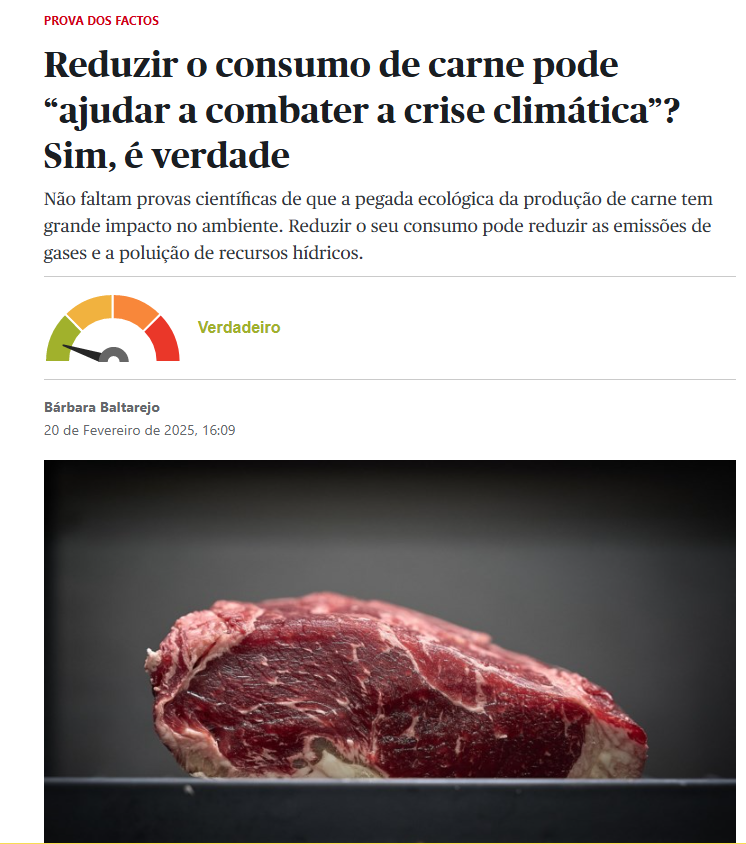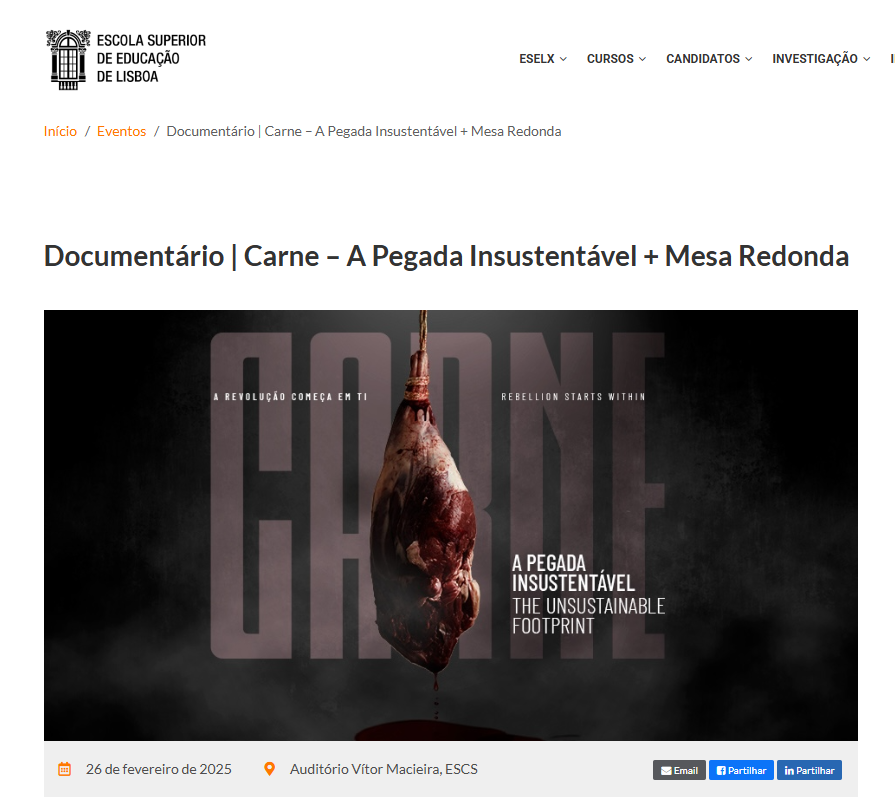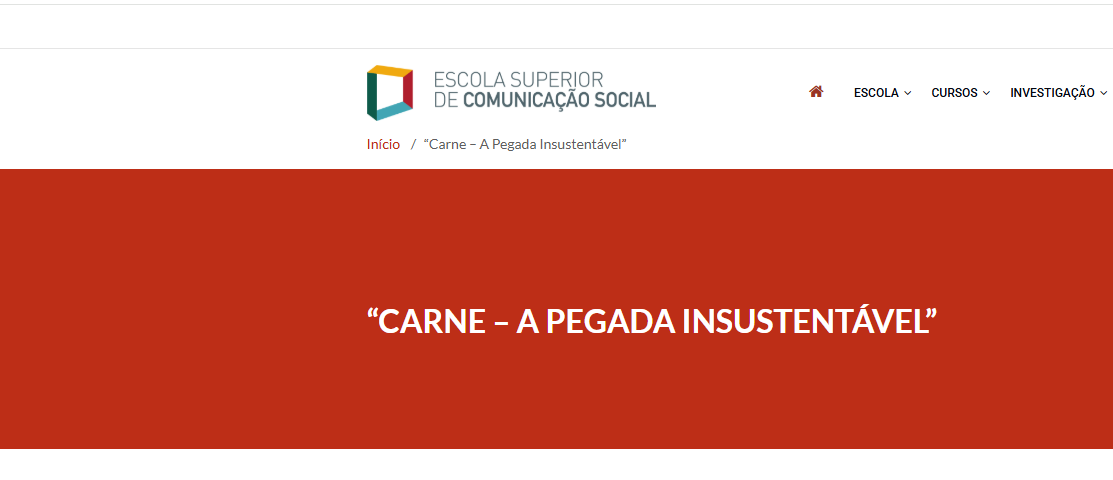
V Natalie: 'Bullfighting still benefits from millions of euros a year in EU agricultural subsidies | Bullfighting'
Bullfighting across Europe remains alive with millions of euros paid by the EU, activists say, despite attempts by MEPs to ban subsidies.
Funding goes to ox-raising farms to fight through the Common Agricultural Policy (CAP), a system of long-term subsidies to the sector.
The Lydia Bull Breeders’ Union, which represents the interests of 347 breeders, has estimated that banning the payment of subsidies would have an economic impact of about 200 million euros (170 million pounds) per year for the sector. all over Europe.
In 2015, in a move welcomed by animal rights activists who described bullfighting as a “cruel practice”, MEPs overwhelmingly voted in favor of blocking agricultural funds “to fund activities lethal bullfighting “.
More than six years later, however, there have been few changes, with the ban set aside in the face of concerns that it would change the legal provisions of the CAP.
Joe Moran, of the animal rights organization Eurogroup for Animals, said: “While we fully agree with MEPs on their moral outrage and what they are trying to do, the legal avenues for doing so are “It’s very difficult. In fact, I’d say they’re impossible.”
To completely eliminate the funds, animal welfare should be an official competence of the EU, along with a law banning the breeding of oxen for this purpose or banning bullfighting altogether, Moran added.
An EU official said that while there were no funds specifically earmarked for bullfighting for the fight, “it is not excluded”, and bullfighters could still receive public funds from agricultural funding.
Since 2003, EU agricultural subsidies have been allocated mainly to the amount of land cultivated, rather than to the production or final destination of the products.
Bulls on a Spanish farm. An estimated 1,000 farms are raising animals for bullfighting across the EU. Photography: Cristina Quicler / AFP / Getty
Green MEPs tabled a 2020 amendment to the CAP calling for a ban on livestock funds whose final destination was “the sale of bullfighting-related activities”, but was abandoned when the European Commission, the Council of the EU and Parliament ended the policy.
Portuguese MEP Francisco Guerreiro described the funds as “an oxygen balloon that is constantly helping this industry to stay afloat”, as the number of bull festivals has decreased.
Europe’s bullfighting industry accumulated more than 150 million euros in losses during the Covid pandemic, as events such as the San Fermín festival in Pamplona were canceled and the oxen were sent directly to the slaughterhouse.
The pandemic affected the sector as it struggled to recover from the Spanish economic crisis, which saw municipalities with cash problems stop bullfighting. In 2007, a year before the financial crisis, 3,651 bullfights were held throughout Spain. A decade later, the number of events had dropped to 1,553.
Breeders’ associations in Spain, France and Portugal continue to defend the estimated 1,000 farms that raise bulls for bullfights across the EU.
Antonio Bañuelos, president of the Union of Bullfighters of Spain, said: “It is discriminatory to create this concept that the fate of this cattle may be linked to receiving funds or not.” Many of the farms produce a variety of products while raising bulls, meaning any ban would erode their right to access funding just like other EU farmers, he said.
Industry has also pressured MEPs to claim that fighting bulls, raised in large areas, have less of an impact on the environment than pigs or sheep.
An association of Spanish veterinarians opposed to bullfighting has said that the public suffering inflicted on the bulls was unjustifiable.
He told MEPs that instruments ranging from prickly darts to an 80 cm sword in bulls were used during bullfights lasting about 15 minutes, causing “deep wounds, major bleeding, severe suffering and painful death.” .
Bañuelos said the death of a fighting bull is “faster and less painful” than many commercially raised animals.
“There are thousands of animals that die every day in very painful circumstances. But the focus is on bullfighting because it is the most exposed in terms of advertising and it is an easy goal, ”he said.
Lê a notícia aqui










Público: 'Prova dos factos'
Quinta-feira, 20 de Fevereiro de 2025
LER MAIS